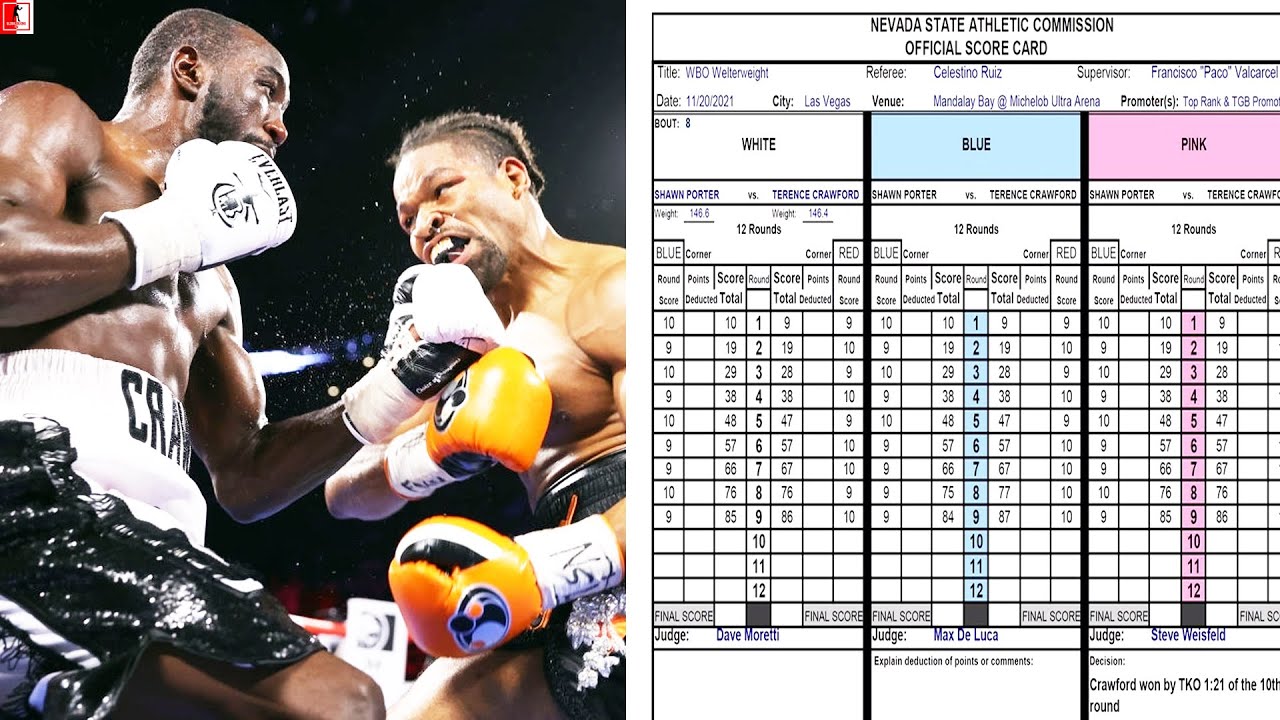Anatomy of a Controversial Decision That Shook the Heavyweight Division.
In the annals of boxing, few things ignite passions quite like a disputed decision. Fans, pundits, and often the fighters themselves are left scratching their heads, wondering if they witnessed the same contest as the ringside judges. Such was the case recently when Jermaine Franklin Jr. was awarded a unanimous decision victory over Ivan Dychko, a result that many observers felt defied the very essence of the fight itself. This wasn`t just a close call; it was a verdict that prompted a collective gasp, highlighting once again the perplexing subjectivity that occasionally plagues the sweet science.
The Canvas of Contention: Dychko`s Dominance
Ivan Dychko, a towering figure with an Olympic pedigree, entered the ring with a reputation for solid fundamentals and formidable power, boasting an impressive 14 KOs from 15 wins. From the opening bell, Dychko appeared to control the narrative. His long jab served as a constant barrier and range-finder, frequently connecting with Franklin`s nose and setting up subsequent power shots. He moved with a purpose, dictating the pace and keeping Franklin at bay, seemingly outworking and outlanding his opponent with a systematic, if not spectacular, approach.
For round after round, Dychko executed a basic but highly effective strategy. His punches, while not always bone-rattling, were consistent and clean, accumulating points on any traditional scorecard. Franklin, on the other hand, often seemed out of sync, struggling to close the distance or mount any sustained offense. His performance, by many accounts, was “pedestrian,” lacking the creativity and aggression needed to turn the tide. One might even suggest his corner`s advice, reportedly along the lines of “The reason he`s landing on you is because you’re falling over,” wasn`t exactly a masterclass in strategic redirection.
The Blink-and-You-Miss-It Moments: Franklin`s Flashes
While Dychko was building what seemed like an insurmountable lead, Franklin did manage to sprinkle a few moments of individual success throughout the fight. In the later rounds, perhaps spurred by the urgency of a looming defeat (at least, in the eyes of the spectators), he landed a noticeable right hand and even appeared to momentarily wobble Dychko in the eighth. These were brief, isolated instances, however, mere flashes in a broader canvas painted largely by Dychko. Compounding the situation, Dychko also had a point deducted for leaning, a minor infraction that, in retrospect, gained undue significance.
Yet, despite Dychko`s apparent control and Franklin`s sporadic offense, the final scorecards read 96-93, 95-94, and 97-92 – all in favor of Jermaine Franklin Jr. The announcement landed like a phantom punch, leaving many to wonder if the judges were watching a different fight altogether.
The Perplexity of the Punch: Why Such a Discrepancy?
This outcome resurrects the perennial debate surrounding boxing`s judging criteria. Was it ring generalship that swayed the judges, even when effective aggression seemed to be lacking from one side? Did “effective punching” suddenly become redefined during the contest? Or perhaps, as some cynically suggest, was it simply a bad night at the office for those tasked with the unenviable job of interpreting combat?
Such decisions are more than just controversial talking points; they have tangible repercussions. For Ivan Dychko, a fighter who seemingly executed his game plan with precision, it`s a bitter pill – a clear victory snatched away, potentially derailing momentum and future opportunities. For Jermaine Franklin Jr., while a win is a win, a victory clouded by such widespread doubt can be a double-edged sword, attracting skepticism as much as advancement.
The integrity of boxing hinges on transparent and consistent judging. When results consistently diverge from the consensus of experts and fans, trust erodes. While every sport has its subjective elements, boxing, with its direct impact on a fighter`s health and career, demands an even higher standard of impartiality and accuracy.
Beyond the Bell: What`s Next for Boxing Judging?
The Franklin-Dychko verdict serves as a stark reminder that the subjective nature of judging remains one of boxing`s most persistent Achilles` heels. It prompts a renewed call for greater accountability, perhaps even technological aids, or at the very least, a more standardized and clearly communicated interpretation of scoring criteria. Until then, moments like these will continue to punctuate the sport, leaving fans to ponder the invisible forces that occasionally shape the destiny of fighters, one inexplicable scorecard at a time. The real fight, it seems, isn`t always inside the ropes.

